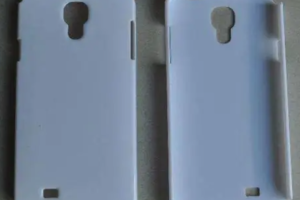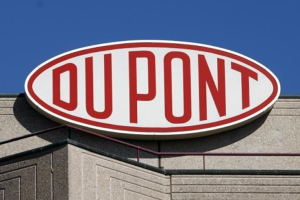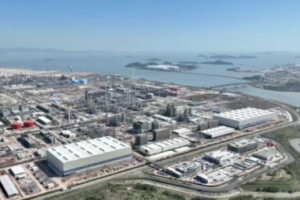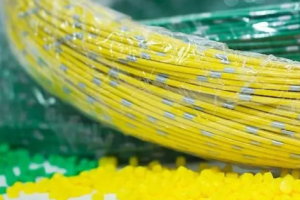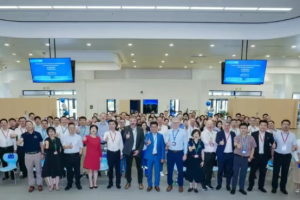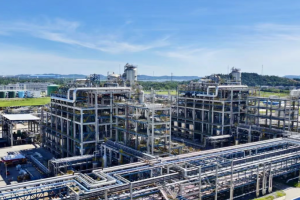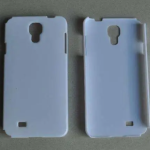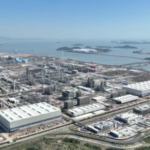July 17, 2025 –
DuPont de Nemours has initiated a landmark divestment of its legendary Nomex and Kevlar businesses, marking a pivotal shift in the chemical giant’s strategic focus. The proposed $2 billion transaction, currently drawing interest from prominent private equity firms including Advent International, represents one of the most significant portfolio realignments in recent specialty materials history.
AsiaMB’s industry analysts reveal the divested aramid fiber operations generated approximately $2.7 billion in 2024 revenue within DuPont’s Water & Protection segment. “This isn’t about underperformance,” explains Dr. Rachel Lin, AsiaMB’s senior materials analyst. “DuPont is strategically reallocating resources toward higher-growth sectors like semiconductor materials and advanced medical technologies where they see 15-20% annual expansion potential.”

The global aramid fiber market has reached an inflection point, with nameplate capacity (170,000-180,000 tons) significantly outstripping demand (140,000-150,000 tons). Major producers including Teijin (Japan) and Tayho (China) are simultaneously pivoting toward premium applications like lithium battery separators and aerospace composites – a transition DuPont appears content to let new owners navigate.
These iconic brands trace their origins to DuPont’s golden age of innovation: Nomex’s flame-resistant properties revolutionized protective gear in the 1960s, while Kevlar’s legendary strength-to-weight ratio transformed ballistic protection. The businesses were recently classified as a separate reporting unit, accompanied by a $768 million goodwill impairment charge.
This move completes a multi-year transformation under CEO Ed Breen’s leadership. Following January’s spin-off of Qnity Electronics and the aborted Water Solutions IPO, the aramid sale concludes DuPont’s transition to a pure-play advanced materials and electronics company. The strategy has yielded mixed results – while 2024’s $12.4 billion revenue showed strength in electronics, antitrust investigations by China’s SAMR in April introduced new uncertainties.
“DuPont’s restructuring reflects broader trends in specialty chemicals,” observes AsiaMB’s research director. “As majors shed traditional businesses to fund next-gen technologies, we’re seeing private equity emerge as unexpected stewards of industrial heritage brands.” The transaction’s completion, expected mid-2025, will test whether financial owners can extract value where chemical giants saw diminishing returns.

